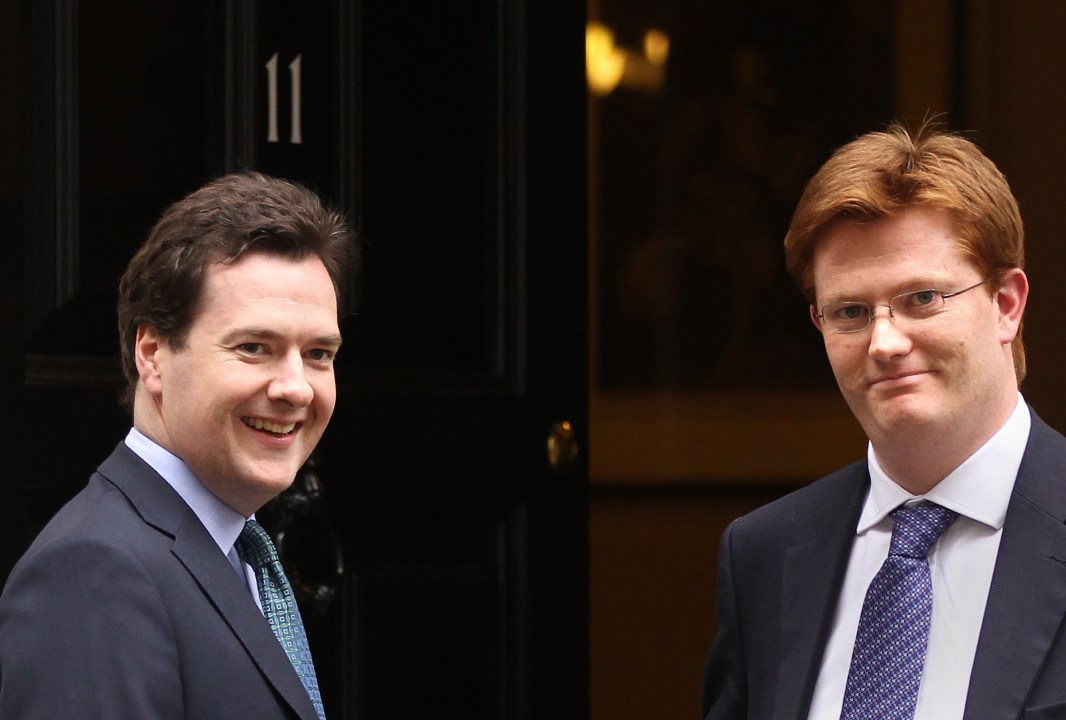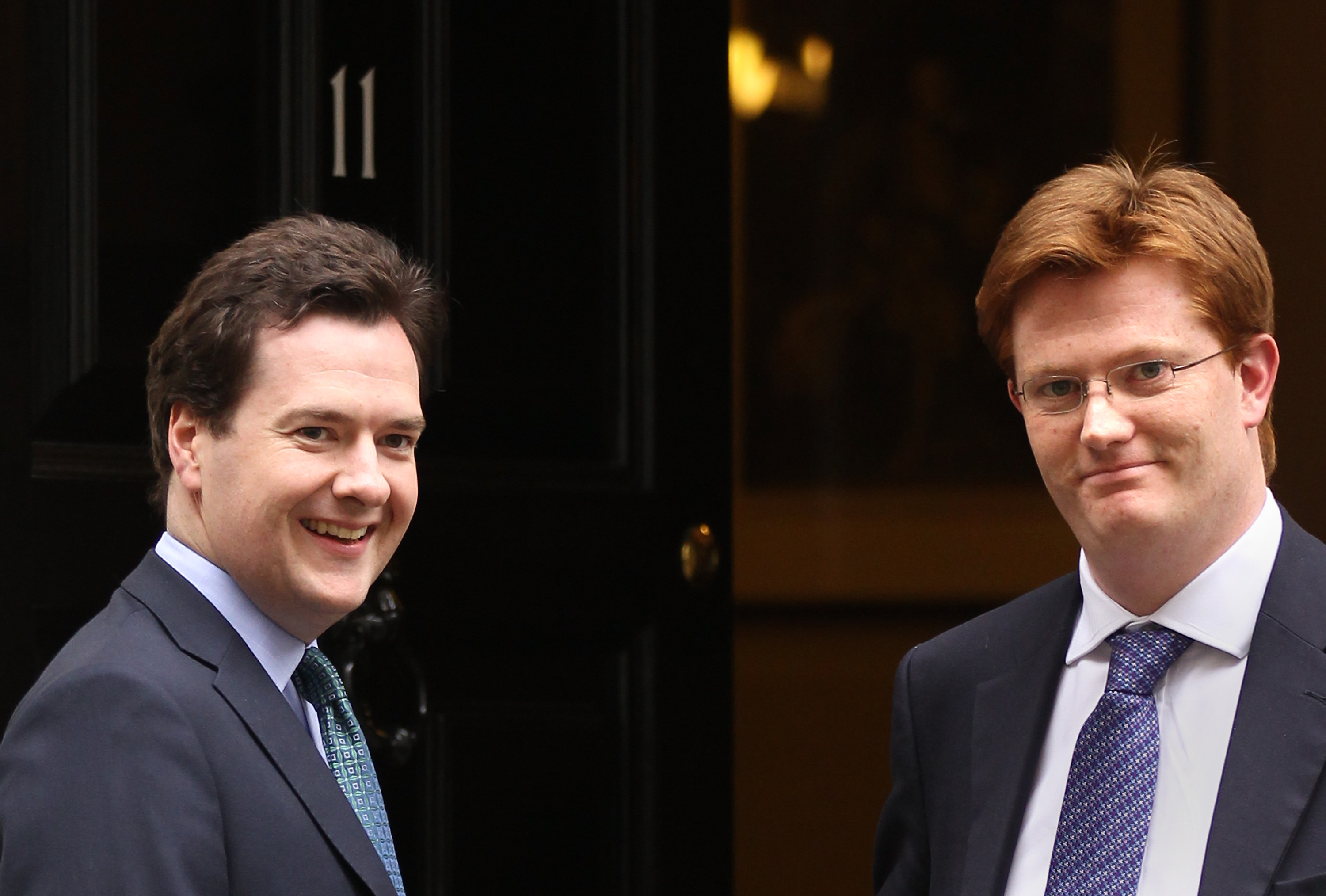In the new Spectator, we back the Liberal Democrats’ plans to raise the tax threshold to £10,000 — provided that the money is found by cuts in state spending rather than the pensions raid they propose. It’s not top of my list of tax cuts, but we have to accept the realpolitik. It’s the only tax-cutting option that has advocates in the Treasury.
There are plenty of proposals around to cut taxes and wake the British economy from its ‘lost decade’ slumber. The need to use tax cuts as a remedy to the deficit will be familiar to anyone who has followed the American presidential debate: every candidate, even Romney, has their own list of radical tax cuts. The basic concept which JFK outlined in 1962 (speech here) remains: that a deficit caused by overspending is a sign of sclerosis, but one caused by tax cuts is transitory because the economy will be moving to an era of higher growth. The Tory leadership rejects this JFK logic, and will tolerate a corporation tax cut but no more. (This is a legacy from the 2005 Tory wars, where David Davis was attacked for his ‘unfunded tax cuts’ — a Brownite idea which, alas, stuck).
Other people have been planning pro-growth tax cuts, and Jonathan provided a handy list of them yesterday. I am personally drawn to those by the Centre for Policy Studies (see its brilliant Adrenalin Now paper). The Centre for Social Justice says that a marriage tax break is better-targetted at the poor. There are ideas from the Free Enterprise Group of Tory MPs (now, alas, reduced to a caucus within the party) and Liam Fox’s plans for employment tax cuts also make lots of sense. But we ought to face facts: George Osborne has shown few signs of interest in any of this. He thinks he’s doing enough and that his slow-mo corporation tax cut will (to use his phrase) ‘put fuel in the tank of the British economy’.
The Lib Dems, therefore, have the only tax-cutting game in town — and they could do with some help from Conservatives making the case. So far, Nick Clegg has talked about his policy as some kind of fiscal pain relief: saving £60 a month. This is popular (YouGov say 87 per cent like it) but even this undersells the policy. By making work pay more, it would likely move tens of thousands of people from welfare to work, augmenting the coalition’s welfare reform strategy. Crucially, it might even pay for itself. The notion is denounced as cuckoo by some, but not by authorities in Sweden who now reckon that its tax cut for the low paid has 80 per cent paid for itself due to less dole and more VAT receipts.
But let’s imagine that the idea of a self-financing tax cut is a little too futuristic for today’s policymakers, and that the £7 billion cost of Clegg’s tax cut has to come from somewhere. As I argued on Tuesday, the government machine is spending £9bn less this year by breathing in a little more sharply than it intended to: no schools or hospitals were harmed in the making of this spending cut. And this was by accident. What might it do on purpose? This ought to be a textbook coalition compromise, and the centrpiece of next month’s Budget.








Comments